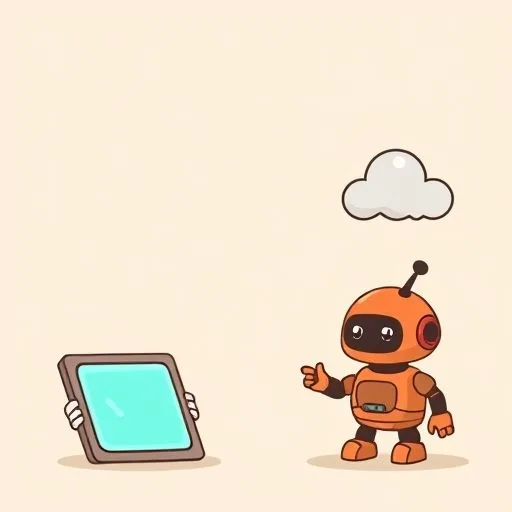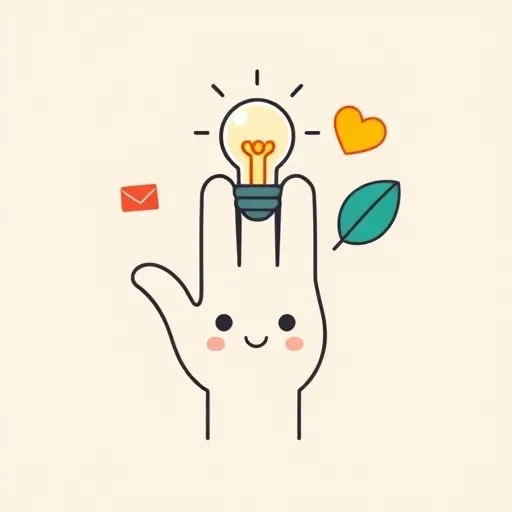
That moment when your child looks up and asks, ‘Will AI take over the world?’
I remember the first time it happened—our little one, eyes wide with that mix of wonder and worry, asking about the ‘robot brain’ that helps with homework. That moment? It hits home for every parent lately. We’ve all been there, watching our kids navigate this new digital landscape, wondering how to guide them through it all.
The Questions That Catch Us Off Guard

You know how it goes—it starts so simply sometimes. ‘Why does the tablet know what I want to watch?’ or ‘Can Alexa hear everything we say?’ Those questions come out of nowhere, don’t they?
In the car, at dinner, right before bedtime. And each one carries that weight—the wonder of childhood curiosity mixed with our own parental concern.
I’ve learned that these moments aren’t about having perfect answers ready. They’re about listening to what’s really behind the question—the curiosity, the slight worry, the need for reassurance.
Turning Fear into Curiosity

Here’s what surprised me most: our kids aren’t usually scared of AI itself. They’re picking up on our uncertainty. That tension we feel? They sense it.
So we’ve started framing it differently—not as something to fear, but as a tool to understand. Like explaining how AI helps doctors find illnesses faster, or how it can translate languages to help people communicate.
It’s become less about the technology itself and more about the human hands behind it.
The Dinner Table Conversations That Matter

We’ve made it a habit now—those casual chats about technology during family meals, between bites of kimchi fried rice. ‘What’s something cool AI helped with today?’ becomes as normal as asking about school.
Sometimes the answers surprise us—how a classmate used an AI tool to create art, or how their teacher showed them coding basics.
These conversations aren’t lectures; they’re exchanges. They’re us learning from them as much as they learn from us.
Building Critical Thinkers, Not Just Users

The real goal isn’t to make our kids tech experts by age ten. It’s to help them ask the right questions. ‘Why do you think the AI suggested that?’ ‘How might someone use this technology differently?’
We’re planting seeds of critical thinking—helping them understand that behind every algorithm, there are human choices and values.
That perspective? It changes everything.
The Quiet Strength in Not Knowing All the Answers

Here’s the secret I’ve learned: it’s okay to say ‘I don’t know, let’s find out together.’ Being vulnerable like that? It actually teaches our kids way more than having all the answers.
It shows them that learning is a lifelong process, that even adults are figuring things out.
Those moments when we pull out our phones and research together—they become bonding experiences, not just lessons.
Creating Space for Both Wonder and Caution

Balance becomes the key word. Wonder at what technology can do, caution about how it’s used. Excitement about possibilities, awareness of limitations.
We’re not raising children who fear technology or worship it blindly—we’re raising thoughtful humans who understand that tools serve people, not the other way around.
And that understanding starts with these small, daily conversations. Those small conversations? They’re building the big thinkers of tomorrow—and that’s something worth getting excited about!
Source: How are MIT entrepreneurs using AI?, Mit Edu, 2025/09/22 04:00:00
